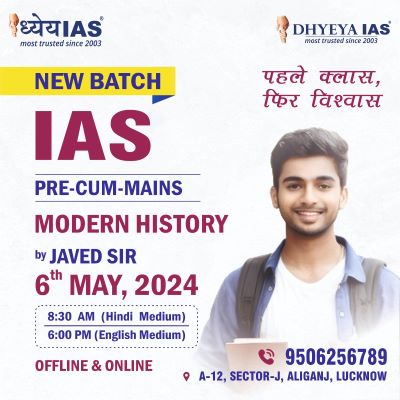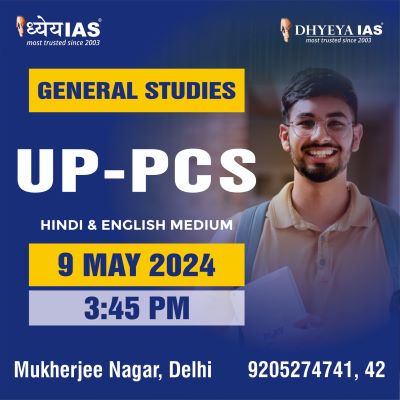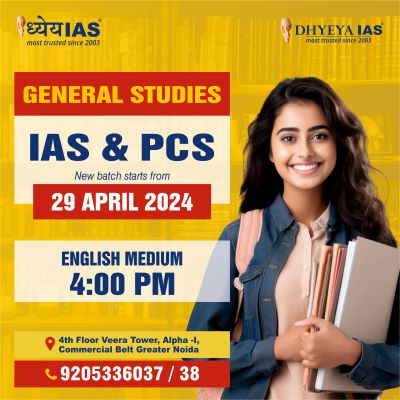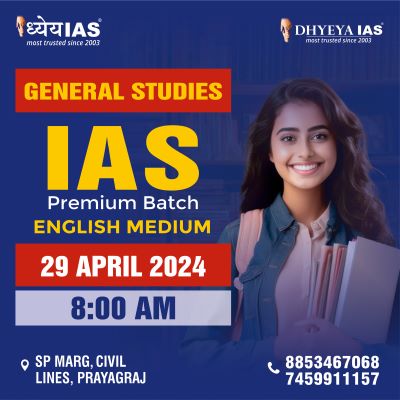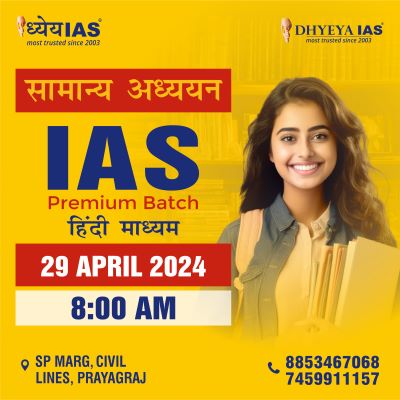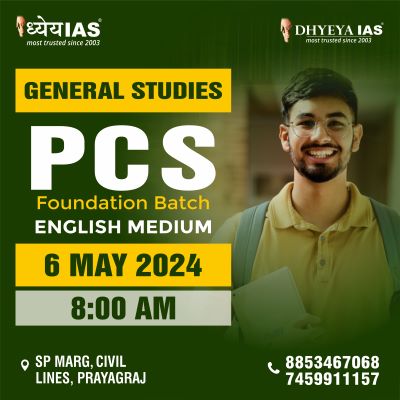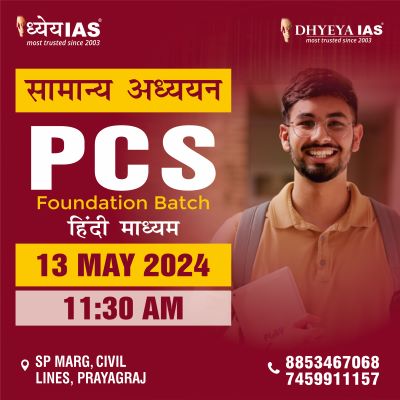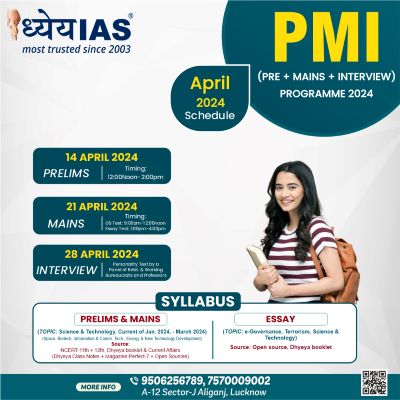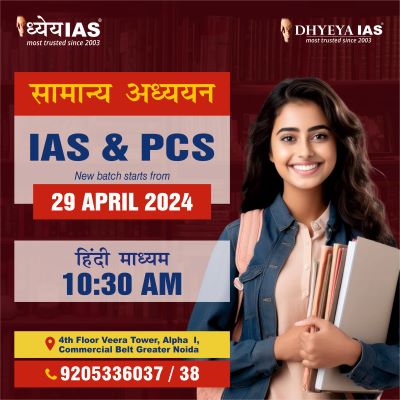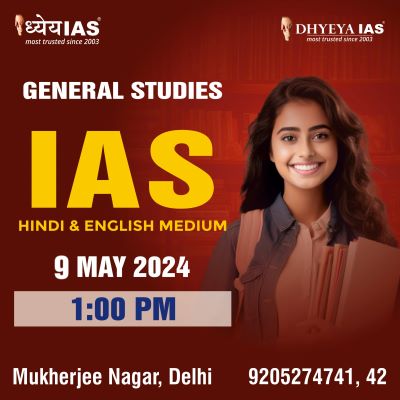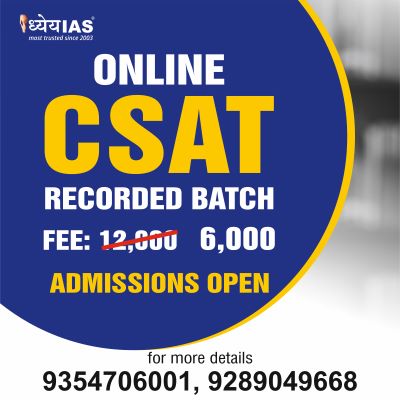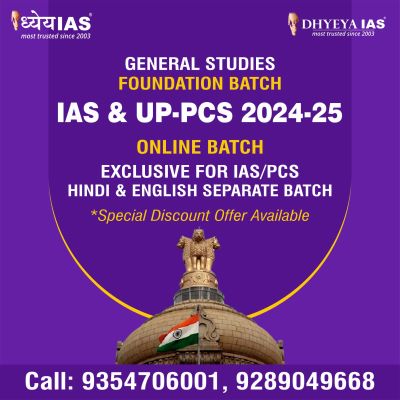Current Affairs Brain Booster for UPSC & State PCS Examination
Topic: Global Conference on Criminal Finances and Cryptocurrencies

Why in News?
- Over 2,000 representatives from 132 countries attended the virtual 4th Global Conference on Criminal Finances and Cryptocurrencies organised by the Interpol, Europol and the Basel Institute on Governance from November 18 to 19, 2020.
Background
- The conference is an initiative of the Working Group on Cryptocurrencies and Money Laundering established in 2016 by the three organisations(INTERPOL, Europol and the Basel Institute on Governance), launched with an objective of strengthening knowledge, expertise and best practices for investigations into financial crimes and intelligence on virtual assets and cryptocurrencies.
- In addition, the partnership also aims to create a network of practitioners and experts in this field, who can collectively establish best practices and provide assistance and recommendations inside and outside the platform.
- A multi-agency and multi-disciplinary approach involving both the private and public sectors is key to tackling criminal finances and the misuse of cryptocurrencies.
Discussion Points
- The conference underlined the need to extend capabilities on how to investigate virtual assets, and the necessity of applying rules to regulate virtual asset service providers to prevent money laundering.
- The conference agenda included trends and investigations on cryptocurrency crime, exploring criminal flows and operations in dark markets, ransomware and sextortion case studies, money laundering involving virtual assets, and the transfer of drug proceeds using cryptocurrencies.
- Participants at the conference endorsed recommendations on capacity building initiatives to extend capabilities on how to investigate virtual assets, establishing clear regulatory framework to prevent money laundering, adopting ‘follow the money’ strategies against criminal proceeds, strengthening information exchange to dismantle criminal networks, and exploiting new technologies in criminal finances investigations.
Three Organisations
- INTERPOL : The International Criminal Police Organization, commonly known as INTERPOL, is an international organization that facilitates worldwide police cooperation and crime control.
- Europol: The European Union Agency for Law Enforcement Cooperation, better known under the name Europol, is the law enforcement agency of the European Union (EU) formed in 1998 to handle criminal intelligence and combat serious international organised crime and terrorism through cooperation between competent authorities of EU member states.
- Basel Institute on Governance: The Basel Institute on Governance is an independent, international non-profit organisation dedicated to preventing and combating corruption and other financial crimes and to strengthening governance around the world. The organisation was established in Basel, Switzerland in 2003 by Professor Mark Pieth.
Cryptocurrency
- A cryptocurrency is a digital asset designed to work as a medium of exchange.
- It is not issued by the government and its economic value is determined by the supply of cryptocurrency in relation to demand.
- Bitcoin, first released as open-source software in 2009, is the first decentralized cryptocurrency.
- Reserve Bank of India (RBI) banned all banking transactions by crypto traders in April, 2018.
- In March 2020, Supreme Court quashed an order by the Reserve bank of India (RBI) banning financial services firms from trading in virtual currency or cryptocurrency.
- India plans to introduce a new law banning trade in cryptocurrencies, placing it out of step with other Asian economies which have chosen to regulate the fledgling market. The bill is expected to be discussed shortly by the federal cabinet before it is sent to parliament
- India’s decision will be crucial as more Asian nation countries weigh pros and cons of virtual currencies. Rival China, which banned initial coin offerings and virtual currencies in 2017, recently allowed Bitcoin trading as virtual property, not as fiat money. It is also planning its own central bank digital currency. Both Singapore and South Korea regulate crypto trades.


